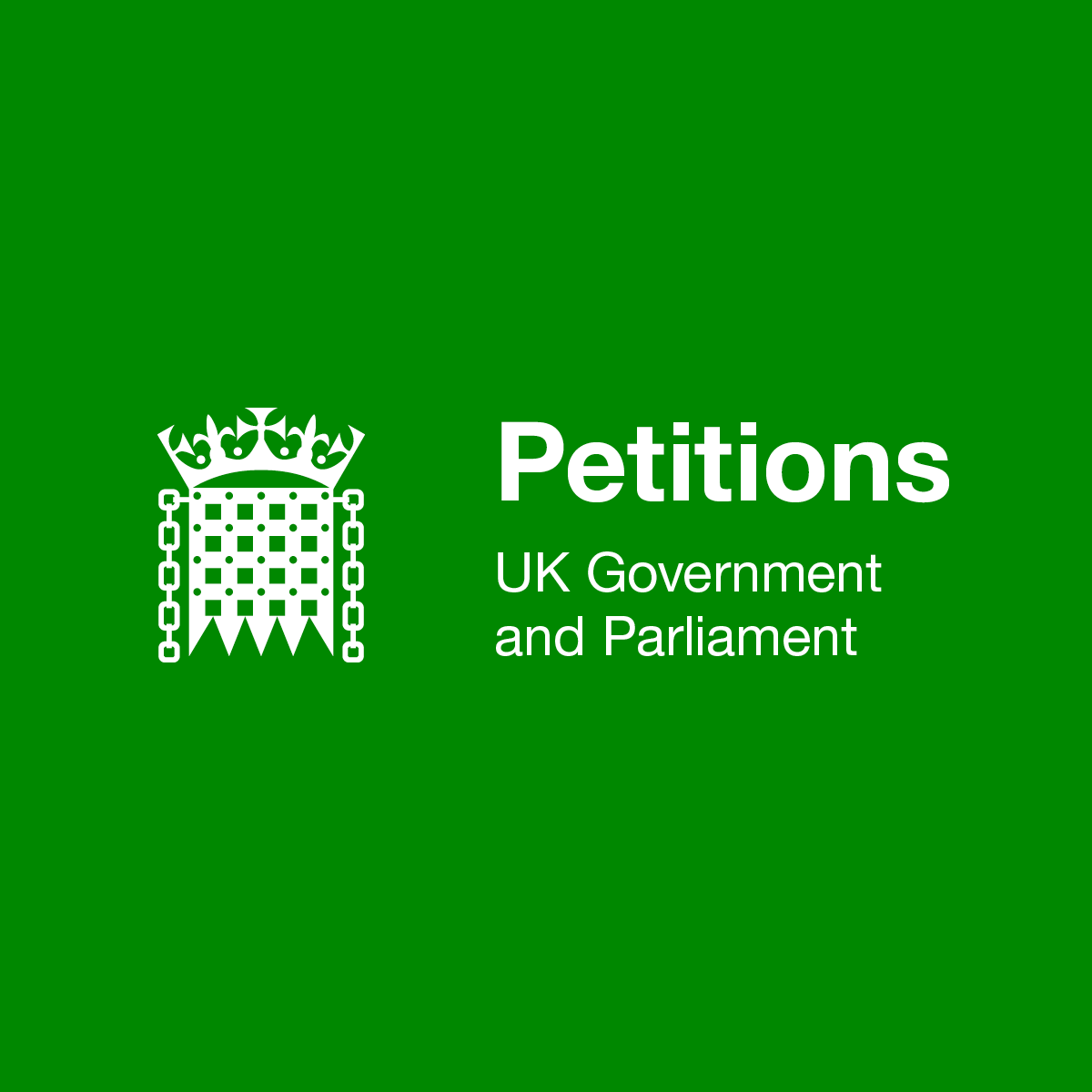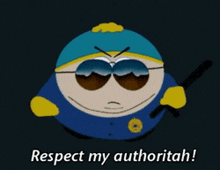The article by Andrew Tettenborn, a professor of commercial law, raises alarm over the UK’s Crime and Policing Bill, currently in the committee stage in the House of Commons, which introduces "respect orders" aimed at enhancing street safety but poses a grave threat to free speech.
These orders allow courts to impose wide-ranging restrictions on individuals deemed likely to cause harassment or distress, without prior notice, and can be indefinite, with breaches punishable by unlimited fines or two years in prison.
The author argues that this preemptive "precrime" approach, while targeting anti-social behavior, risks being misused to silence online critics, drawing parallels with past government crackdowns during the Covid-19 lockdown and the Southport riots, and expresses skepticism about the protective efficacy of Article 10 of the European Convention on Human Rights.
The bill’s controversial elements include its vague scope allowing courts to enforce "anything" based on a low threshold of potential distress, the preemptive nature bypassing due process, and severe penalties that could criminalize non-offenses.
It threatens free speech by enabling forced deletion of online content, bans from social media, and even password surrender, potentially targeting critics of officials or government policies.
The lowered legal bar for censorship, risk of abuse during crises, and doubts about existing legal safeguards further fuel concerns about this "draconian" legislation’s impact on expression.
















